Microsoft Surface Laptop 7 review: dream design and quiet performance
Microsoft's first CoPilot+ laptop brings plenty of wins – but there are a couple of question marks too
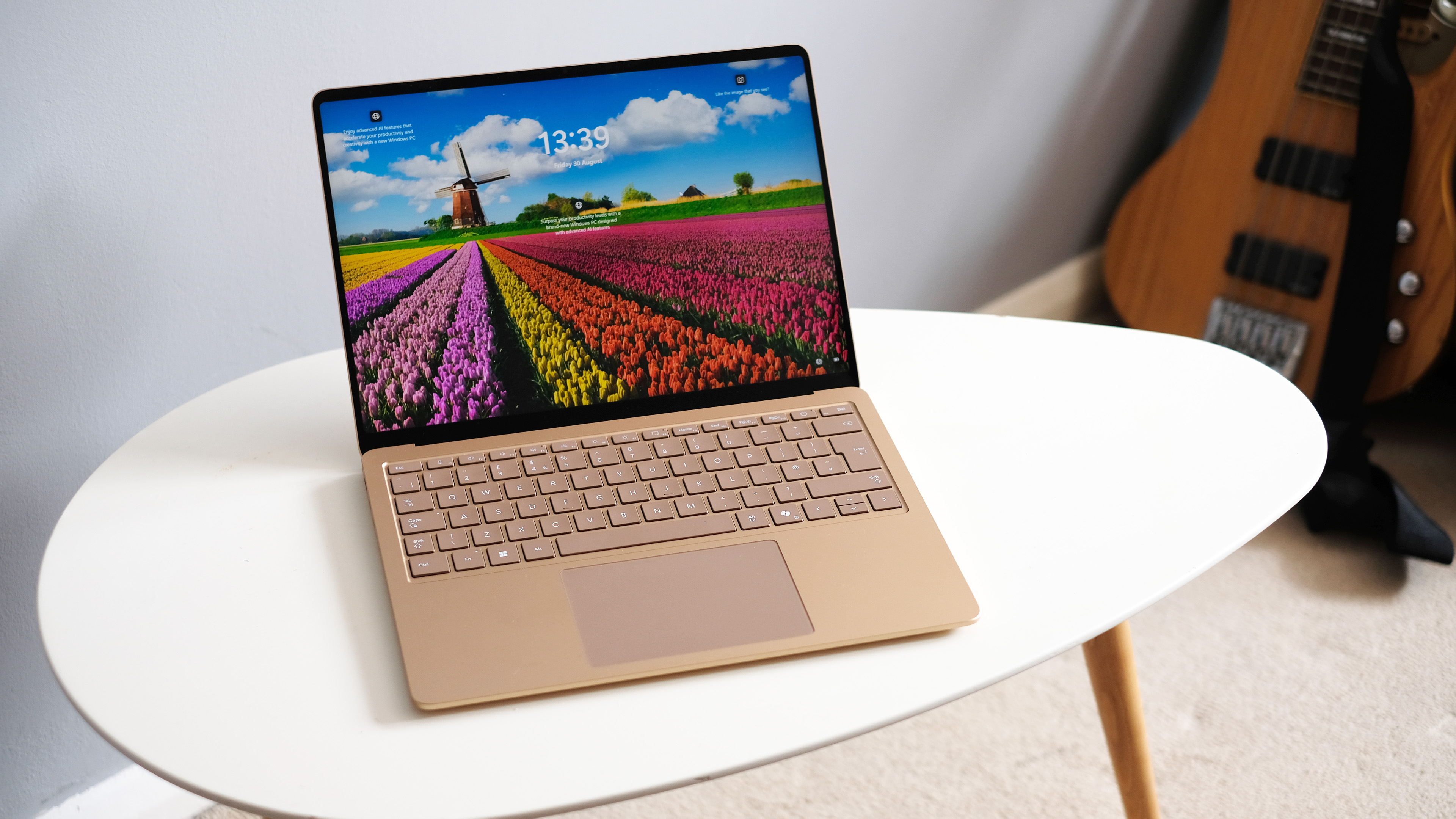
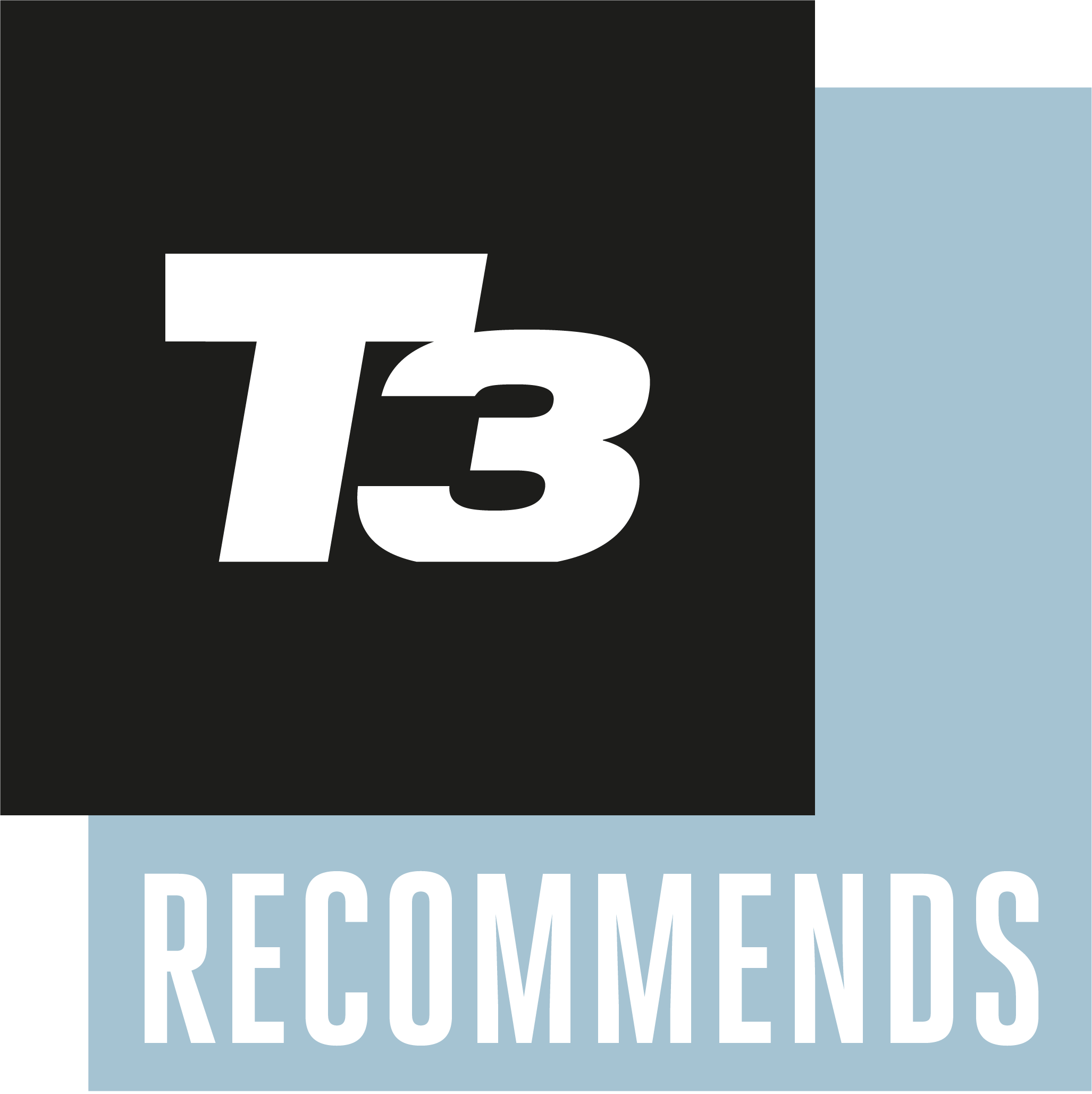
The Microsoft Surface Laptop 7 is easy to love at its base spec, but is bettered for value as soon as you go shopping for anything beyond the bare minimum – most notably by the Lenovo Yoga 7x. Still, if you want a breezy, top-quality portable laptop, it’s one of the best Windows options around.
-
+
Established design that's among the best-lookers available
-
+
Excellent touchpad and good keyboard
-
+
Fair value (in entry-level specs)
-
-
Focus on minimal noise means a lower performance ceiling
-
-
Display isn't as sharp or contrasty as the competition
-
-
Upgrades cost more than most
Why you can trust T3

CoPilot Plus is a Microsoft initiative to try to make "made for AI" laptops mainstream and desirable. The Surface Laptop 7th Edition is from Microsoft itself, making this effectively the first official CoPilot Plus laptop.
But is it also the best laptop? The Microsoft Surface Laptop 7 is probably the cutest of all these AI laptops – of which there are now plenty of Snapdragon X Elite-toting options – and it has the best-feeling touchpad, a decent keyboard, and an established almost timeless design that continues to impress.
However, like the other Surface lines, Microsoft charges a fortune for upgrades – making this seem less of a deal than rivals like the Lenovo Yoga 7x if you’re not happy with the (admittedly perfectly serviceable) base spec. Microsoft's choice of screen, while great on its own, doesn't quite match the sharper OLED displays you get elsewhere too.
Surface Laptop 7th Edition: Price & Availability
More than any other laptop of this class, the appeal of the Microsoft Surface Laptop varies depending on the model you pick. Yep, even though they all look largely the same.
There are 13.8-inch and 15-inch laptops, and I'm reviewing the smaller version. It starts at £1049 ($999 / AU$1899), the 15-inch model £1349 ($1299 / AU$2399). The price disparity isn't as wide as that sounds, though, as the 13.8-inch Surface has a lower spec floor.
That also hints at the biggest Surface Laptop 7 issue: Microsoft charges a lot for upgrades. The entry-level model has a Snapdragon X Plus CPU and 256GB storage. You're looking at £200 ($200 / AU$300) just for an additional 256GB storage, which is pretty steep.
Microsoft Surface 7 review: Design
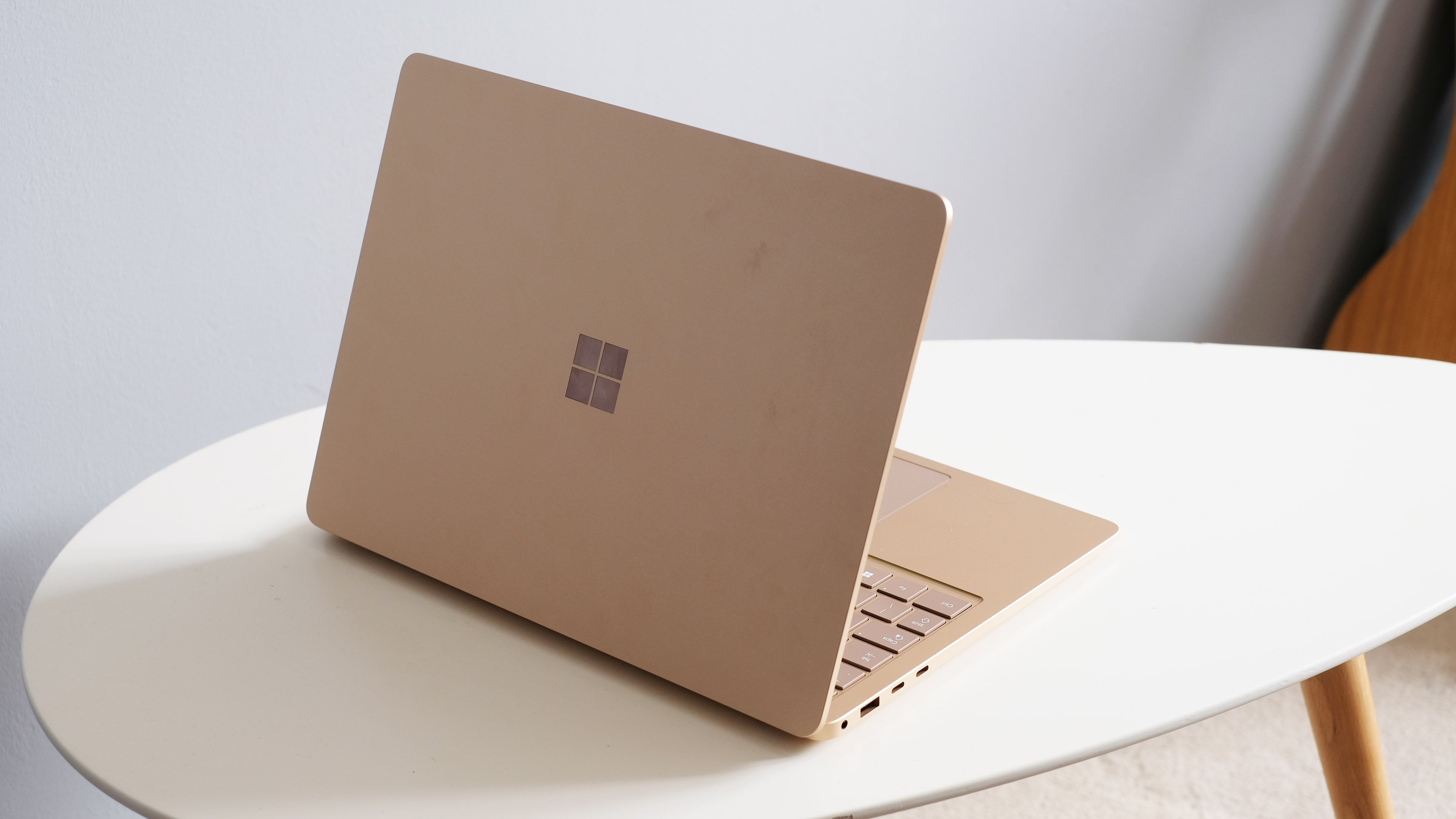
This Surface may be part of a new breed of laptops but if you've ever clapped eyes on a Surface Laptop 7, it's going to seem familiar.
Get all the latest news, reviews, deals and buying guides on gorgeous tech, home and active products from the T3 experts
Microsoft's Surface Laptop 7 style has thinned out screen surrounds this time, finally. It's a slight modernisation of an already sound design. Microsoft likes its rounded corners, which extend to the display, giving this Surface a softer-friendlier appearance than the vast majority of laptops.
It comes in gold, as seen here, or there's blue if you want an unconventional colour. But if you prefer a plainer look, black and silver editions are out there too. And all-round build impressions are stellar – a slight cut above all the other CoPilot Plus laptop we've used, bar possibly the Samsung Galaxy Book Edge.
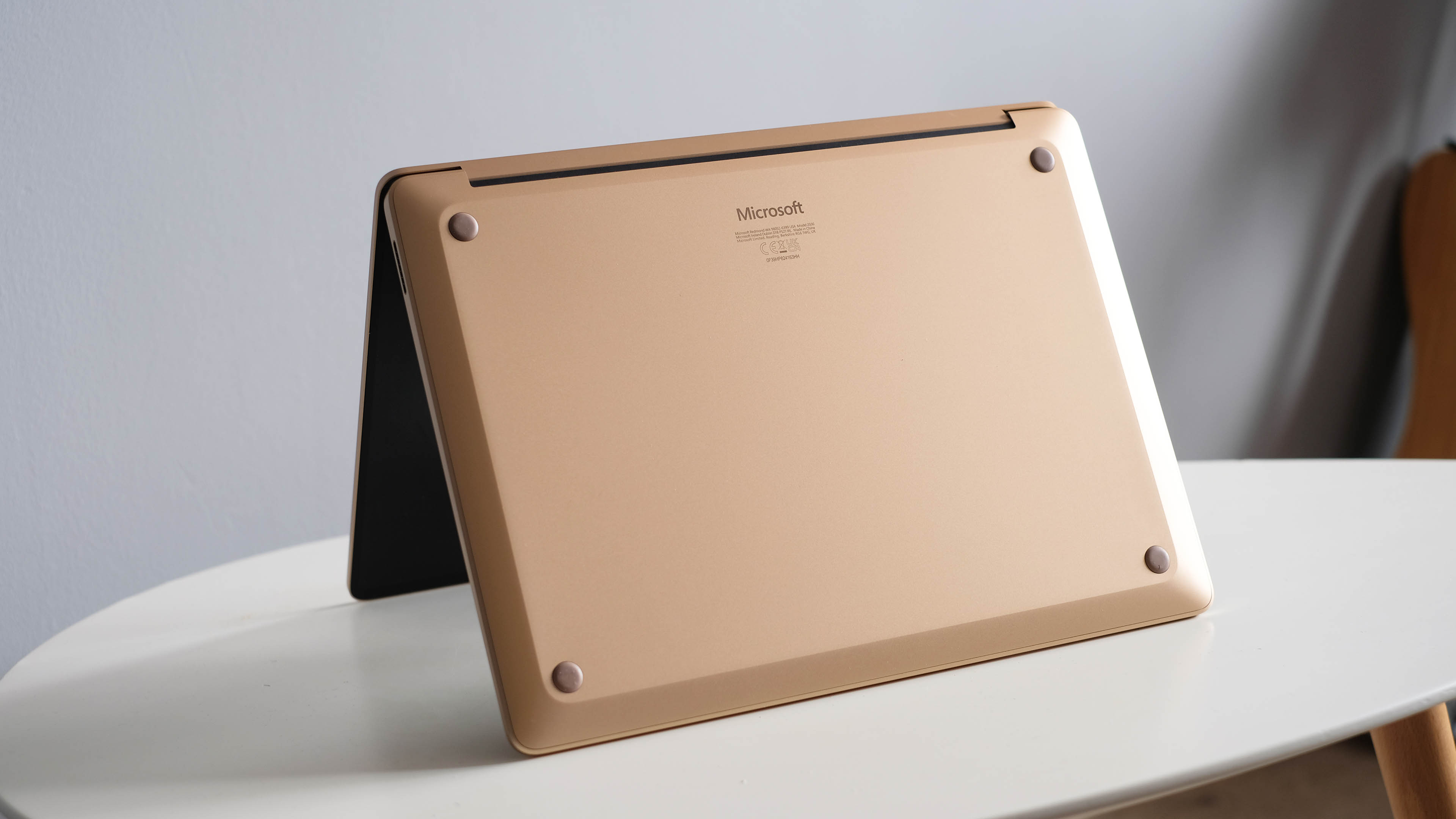
The Surface Laptop 7 is incredibly stiff – and in a very positive way. The screen part feels super-strong, and there's virtually zero flex to the base. Microsoft aimed for MacBook-grade feel with the Surface line, and has achieved it. There’s almost zero screen wobble too, even though you can open this laptop up with a single finger – a paper-thin but still rather nice characteristic common among the most expensive laptops.
So, yeah, as long as you don't want something that looks new and unique, you'll likely love the Surface Laptop outer design. And the 13.8-inch model is a portability dream, weighing 1.34kg. Sure, that's not the lightest ever, but I love that the heat-grille-free bottom means there's no worry about blocking the cooling when working with the laptop on your knees, or on a bed.
Microsoft Surface 7 review: Display
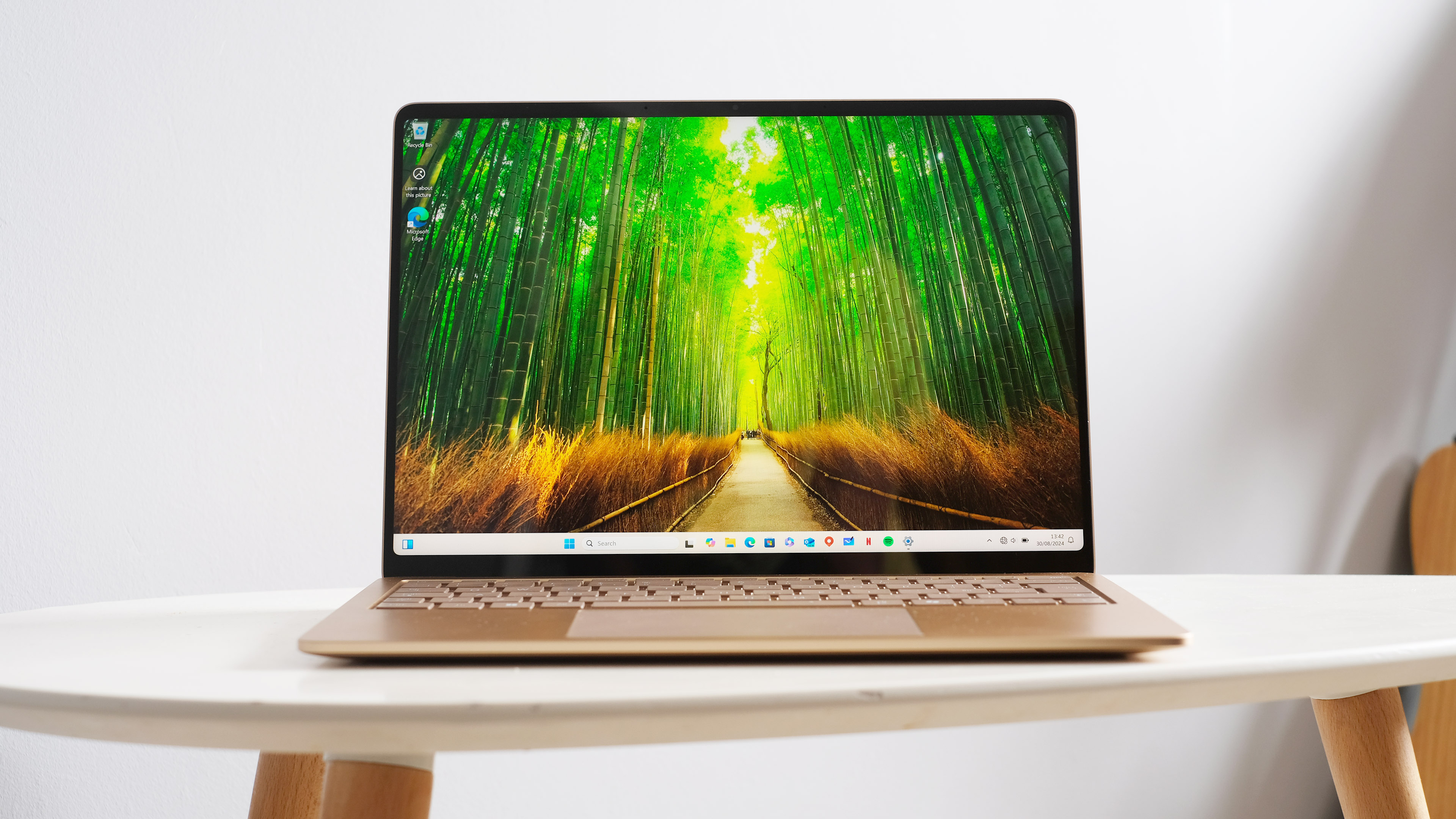
While it feels wrong to do so, I'm going to have to complain about the Microsoft Surface Laptop 7's screen. By any sane standard, this is a great display. But having spent the last few months reviewing CoPilot Plus laptops, a couple of little issues jumped out at me.
First, sharpness is only okay. Coming from the 3K-res Lenovo Yoga 7x, the Surface Laptop does look a tiny bit pixellated by compare. This is a 2304 x 1536 pixel screen, meaning it's closer to Full HD (1080p) than Ultra HD (4K).
It's also an LCD display, not an on-trend OLED panel. Its black floor isn't even close to that of the OLED rivals. Does it matter for work? Hell no, but the perfect blacks of OLED really come in handy for movie-watching, particularly with today’s laptops.
Almost all higher-end laptop have screens of a way taller shape than that of normal movies. They ain't widescreen, and Microsoft leans into this more than most with a 3:2 aspect ratio. This means big black bars when you watch movies and TV, and with an LCD they glow in a dimmed room. That doesn't happen with OLED.
That's the bad bits done though. The Surface Laptop 7's display still has lovely colour, a smooth 120Hz refresh rate, and solid maximum brightness of 560 nits. The screen coating is tough Gorilla Glass 5 too, although there's no anti-reflective coating.
Microsoft Surface 7 review: Keyboard & touchpad
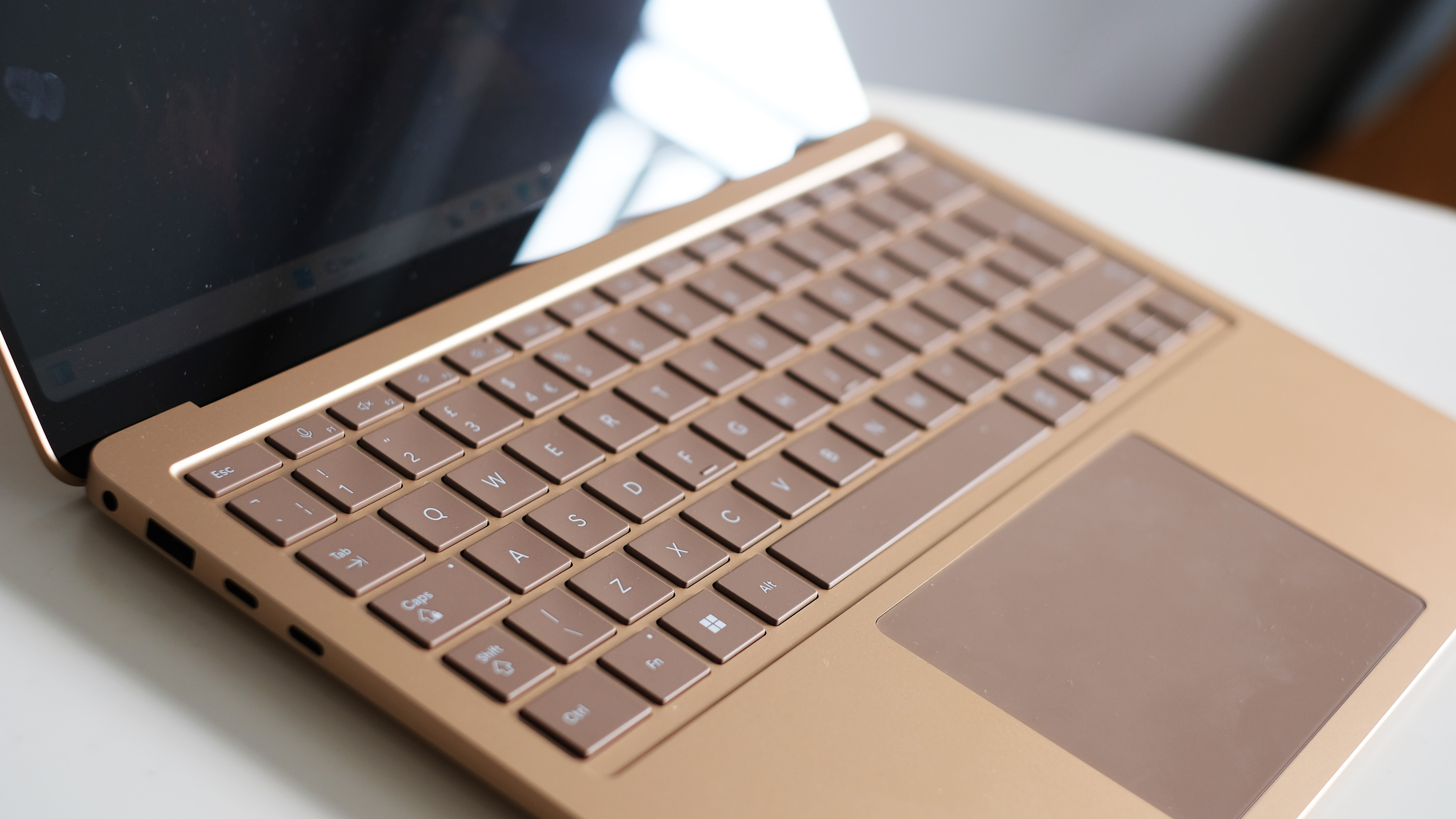
I've had it my head that for the last few years that Microsoft has been gradually diluting the feel of its laptop keyboards. Maybe my standards have changed, or I was just too into the idea of old glories, because the Surface Laptop 7's one is pretty great.
Considering the official specs put travel at a just-okay 1.3mm, these keys feel surprisingly substantial. There's a satisfying meaty springiness to their action. It's like Apple's MacBook style, but after a 6-month weight training programme. I still think the Lenovo Yoga 7x has the best keyboard among this early wave of laptops with Qualcomm Snapdragon X Elite on board, mind.
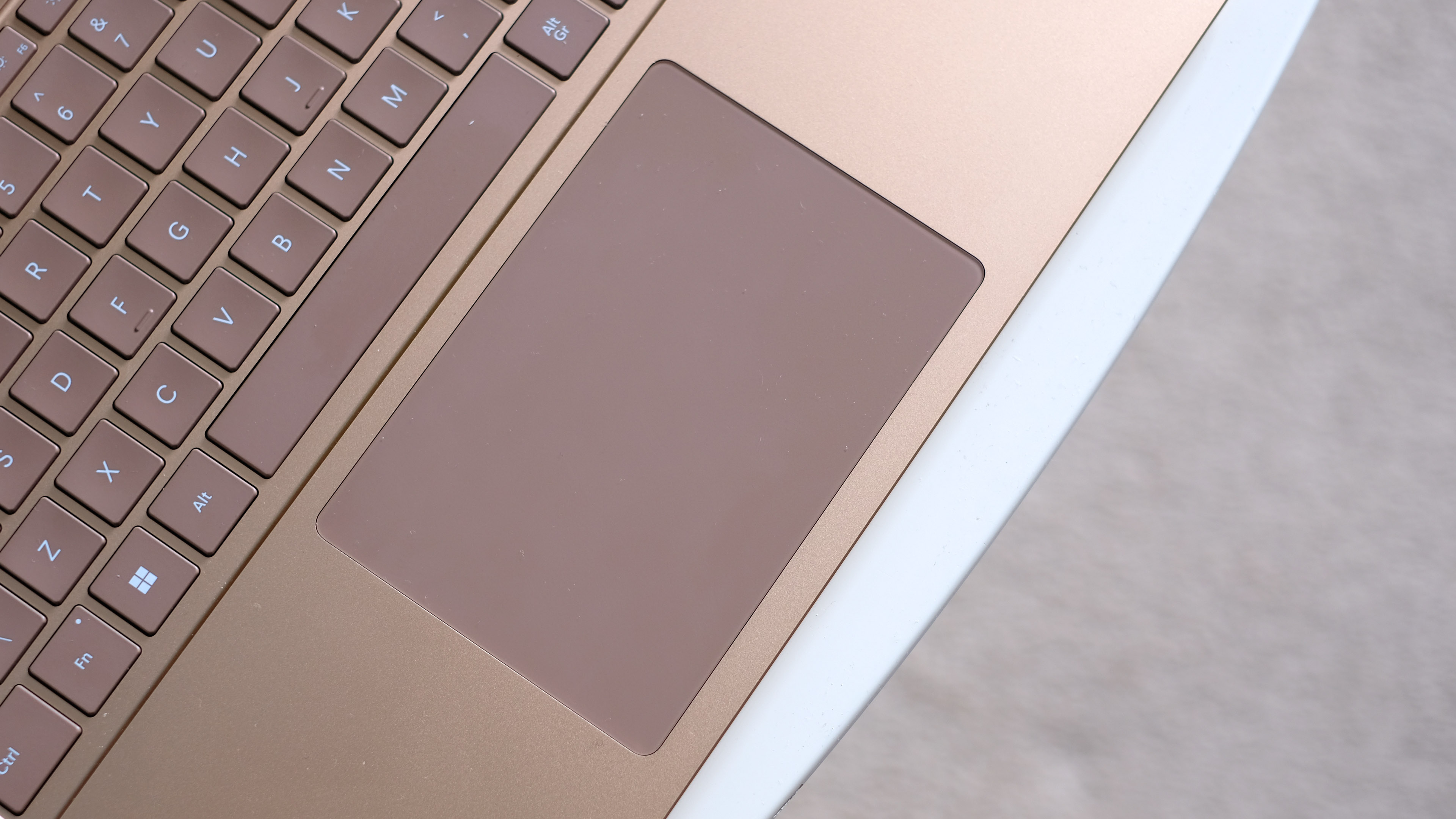
There is a white key backlight too, which is nice. What no other model can quite match, though, is the sheer consistency of quality in the inputs of the Surface Laptop. As well as having one of the best keyboards in this class, the Surface Laptop 7 has probably the single best touchpad.
Sure, it's not a giant like the Samsung Galaxy Book Edge's, but it combines an ultra-smooth textured glass surface with a best-in-class clicker. It's also a haptic clicker, meaning you can click every square millimetre of the pad.
When Microsoft first started playing around with these haptic pads, I thought they'd traded in one of the best touchpad designs ever for something flat-out inferior. It's back on track now. The clicker response is far more defined than those first-gen designs, and you can make it even more snare-drum-punchy in Windows settings.
Microsoft Surface 7 review: Performance
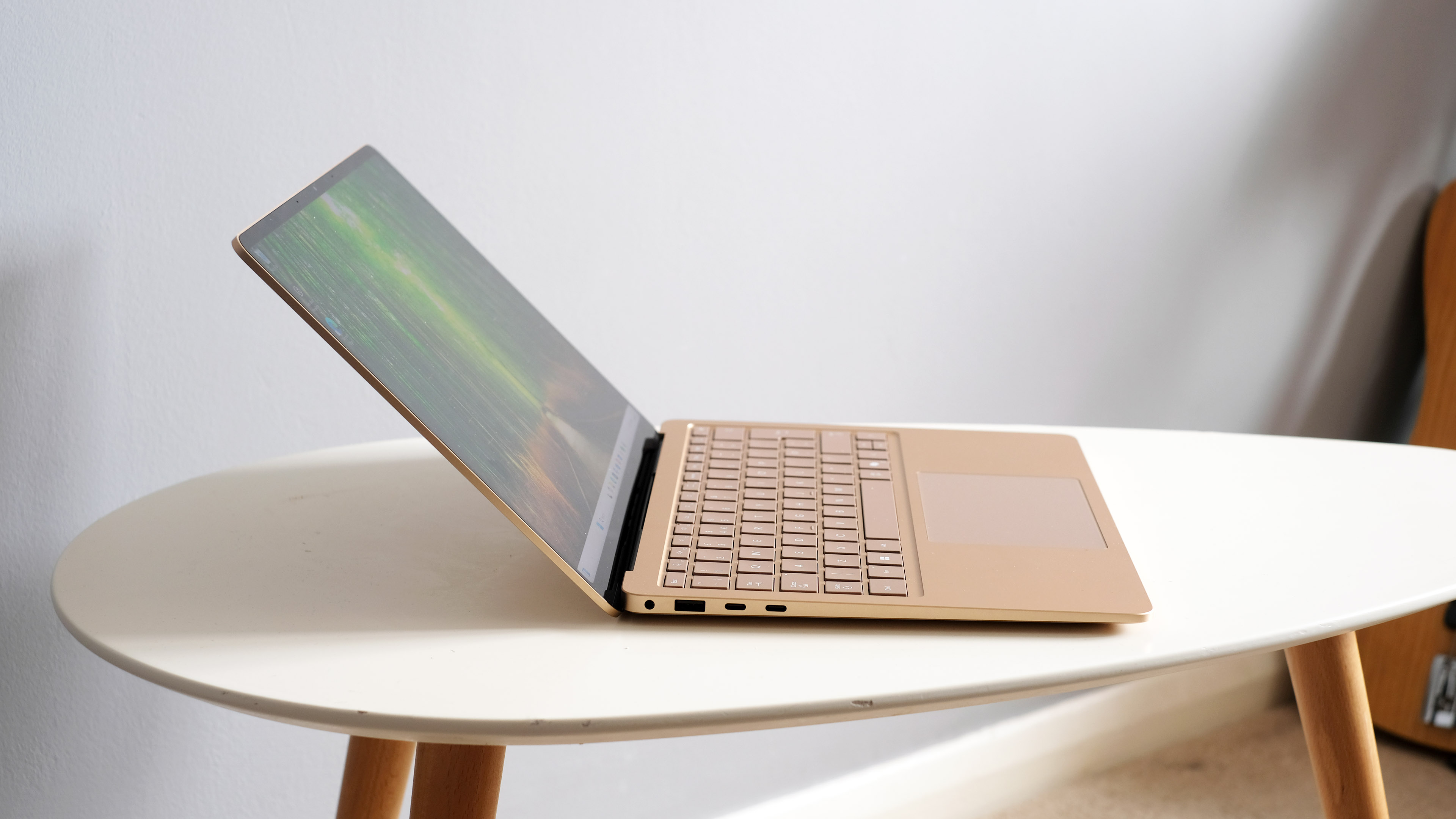
The Microsoft Surface Laptop 7 I'm reviewing has a Qualcomm Snapdragon X Elite processor with 16GB RAM and a 512GB SSD. It's a good all-rounder spec, but is far from the easiest to recommend in this family thanks to Microsoft's old trick: charging a fortune for upgrades.
Like an airport car rental that seems cheap until you look at all the additional charges, the Surface Laptop basics are arguably a hot deal. But with this model you end up paying a fair whack more for an extra 256GB storage and a couple of additional processor cores.
The big question: can you live with just 256GB storage? If you can't and want to get a top-tier spec it's easy to end up spending far more than you might fork out for a Lenovo Yoga 7x.
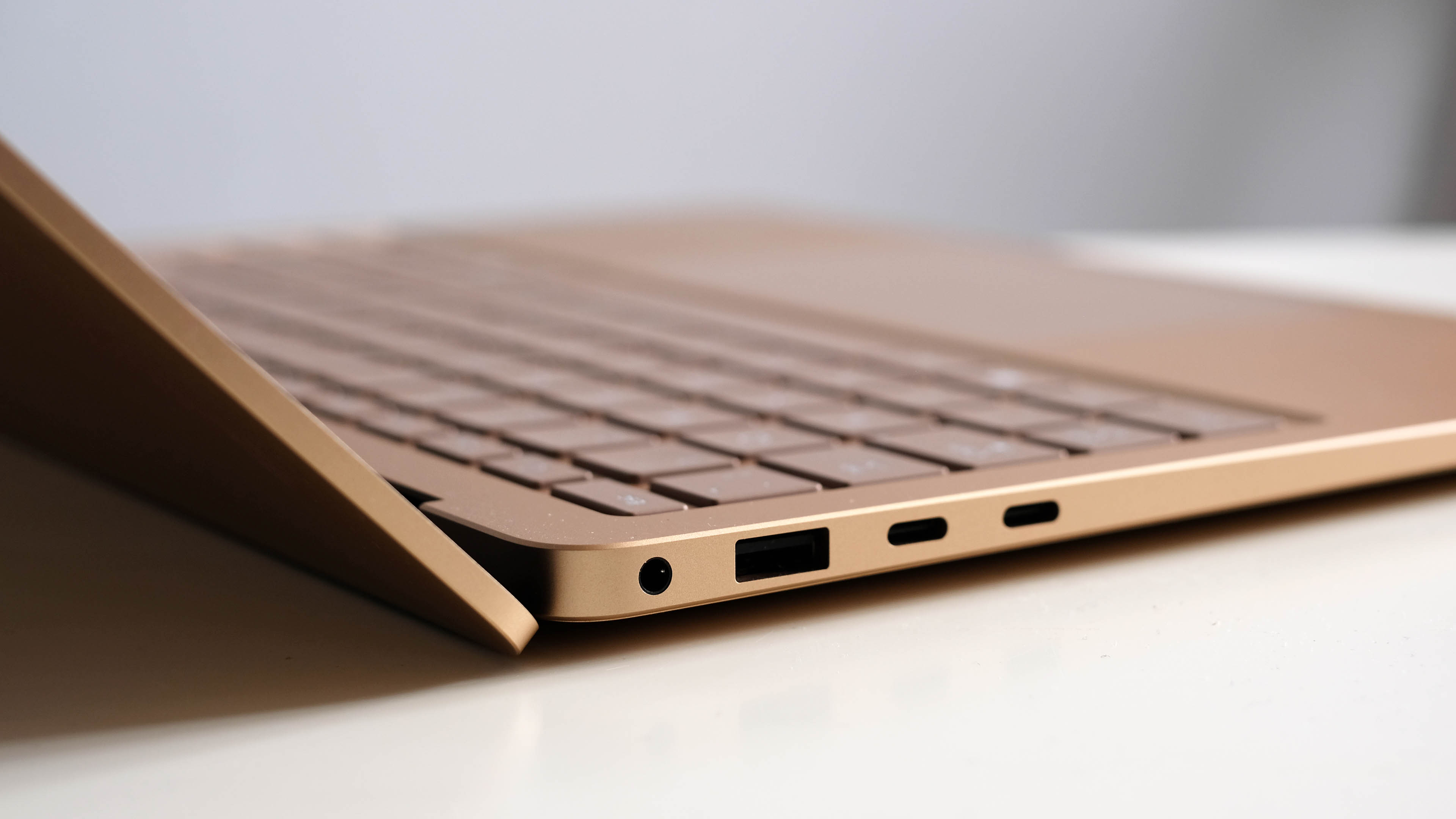
There's another little issue. According to my tests, the Microsoft Surface Laptop 7 is a bit less powerful than the Lenovo Yoga 7x I tested, despite having a slightly uprated version of the Qualcomm X Elite processor.
How does that make sense? My take is the Surface Laptop is tailored to make virtually no noise regardless of what you do. Sure, it has a fan array, but you'll have a hard job hearing it in all but the quietest of rooms.
That's an admirable characteristic in a mainstream lifestyle PC, but raises the question of how worthwhile the jump from the base Snapdragon X Plus to the Snapdragon X Elite really is.
You should also consider the compatibility issues that come with these new Qualcomm Snapdragon PCs. While their performance is solid – great, even – and they can have a crack at running just about everything, I did encounter the odd incompatible application, games that didn't run properly (or at all), and peripherals that weren't recognised.
If you want rock-solid legacy support, you might want to stick with an Intel CPU laptop instead. But the other benefits of Qualcomm at the core are quite compelling, like the battery life.
Microsoft Surface 7 review: Battery Life
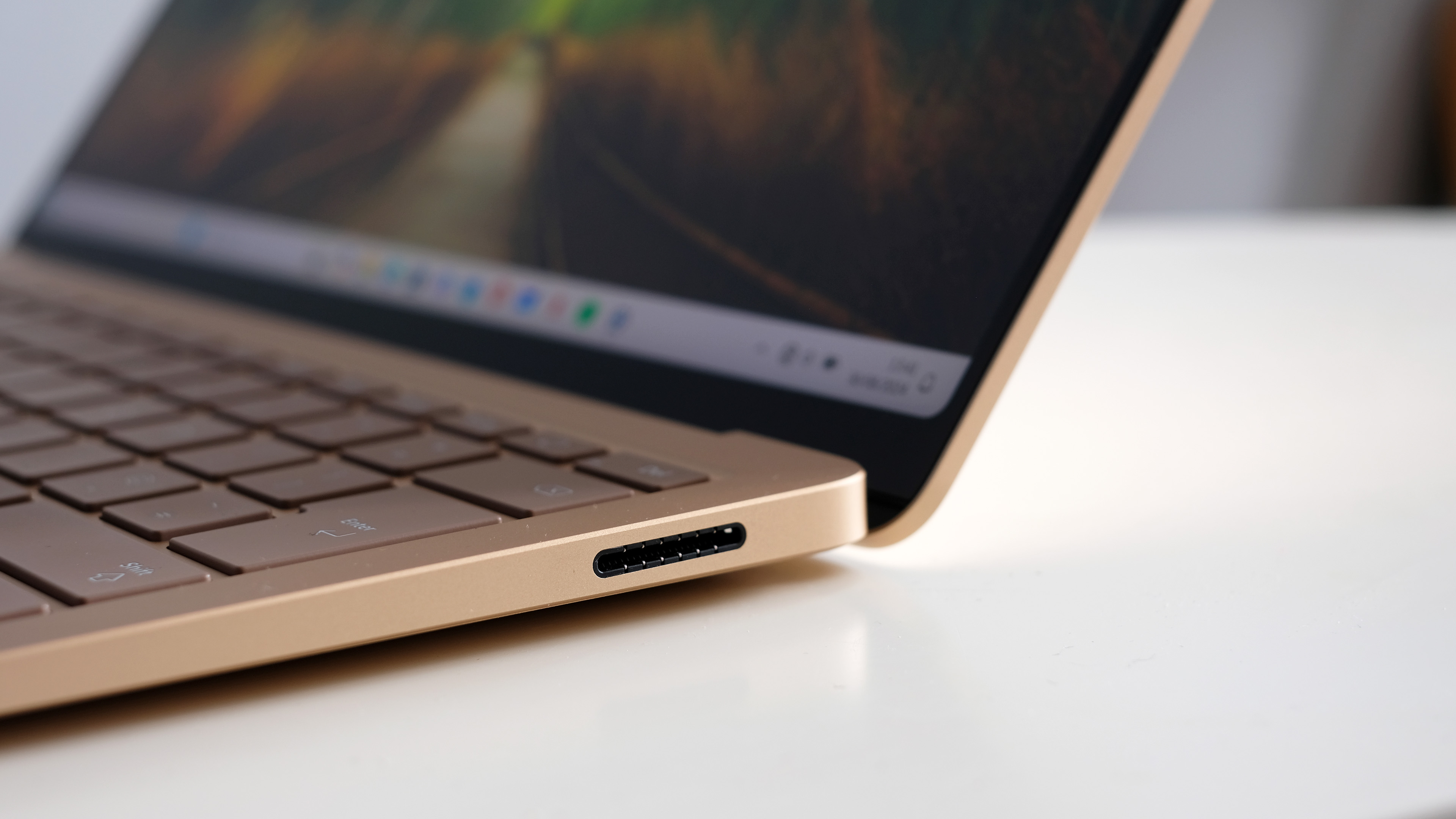
Five hours of YouTube streaming took just 29% off the battery, suggesting it can grind its way through around 17 hours of online video playback. Microsoft claims 20 hours, and that's local playback, so we're looking at a pretty on-the-money claim for once.
This laptop doesn't have the highest capacity cell in its class, at 54Wh, but it's far from the largest laptop to begin with. That'll also help keep the weight down, so it's a sensible trade-off.
One crucial part to take into account when shopping for these laptops is that while their light-use stamina is awesome, it becomes much more ordinary with taxing work. It's only going to last a couple of hours of gaming, unless you play something fairly light.
Like other recent Surface PCs, the Surface laptop 7 uses Microsoft's proprietary magnetic connector for charging. But if you forget to take one on a trip, you can just use one of the two USB-Cs on the side. Handy.
Other than that we only get one classic USB-A and a headphone jack. It’s a better array than some (such as the Lenovo), but you'll need an adapter/cable to read a memory card or connect to a TV.
Other features? The Surface Laptop 7 has an okay Full HD (1080p) webcam, not quite at the level of the Surface Pro. And the laptop has respectable stereo speakers with decent volume and tone, just a step or two below the best in terms of bass and projection.
Microsoft Surface 7 review: Verdict
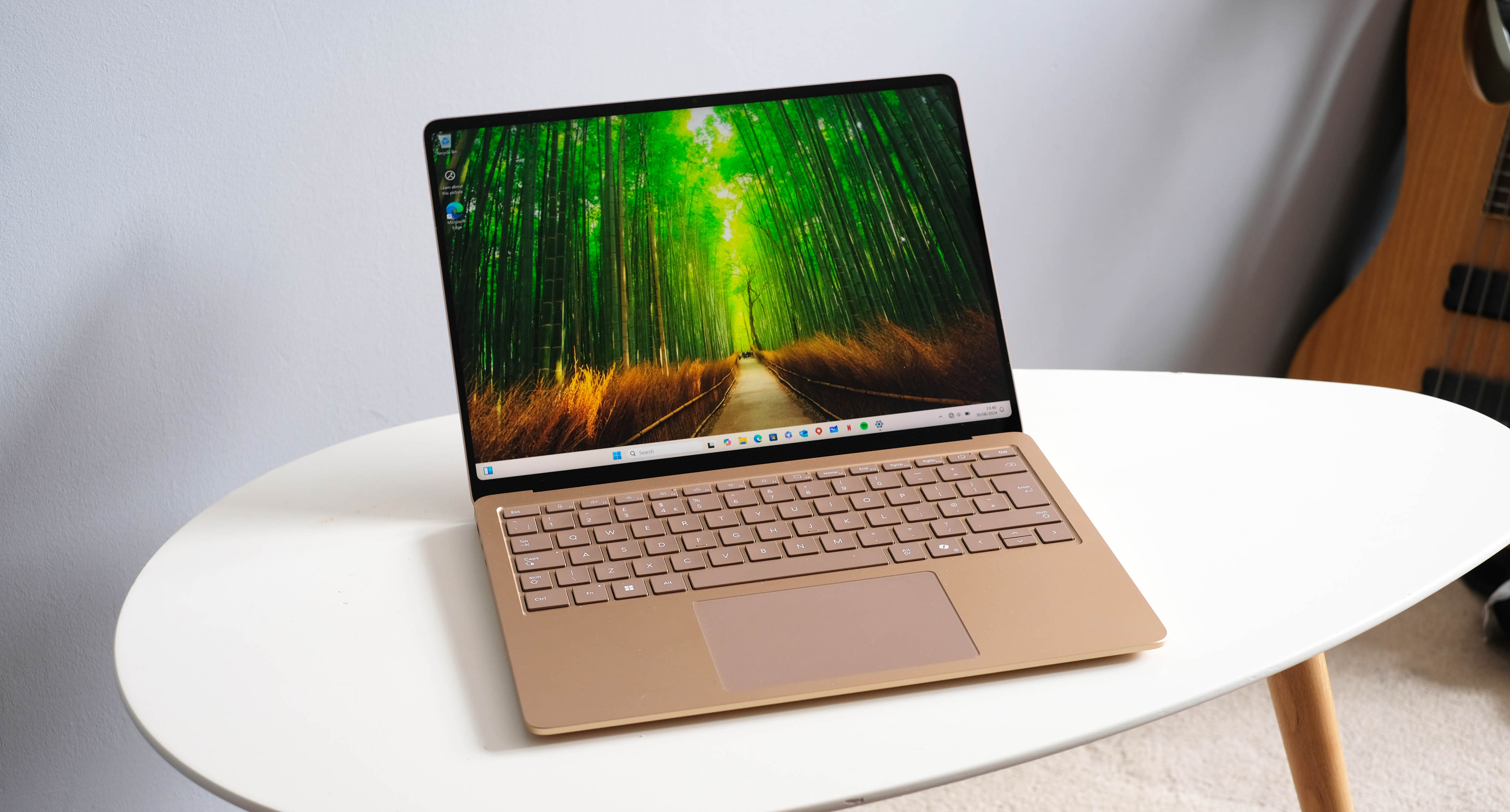
The Microsoft Surface Laptop 7 is a top-notch MacBook Air alternative. Its entry price is reasonable, the design is great and the consistent sense of quality throughout is admirable.
Microsoft pulls its usual wheeze with upgrades, though, asking for a lot of cash at every turn. And given the Surface Laptop seems to value quiet operation over raw peak performance, this isn't the obvious pick for power fiends.
If you can get by with meagre storage space, or find a deal on the Surface Laptop, this could be one of the best routes into this new style of AI-ready laptops. Just be careful when picking your perfect spec.
Also consider
There are a few key alternatives to the Surface Laptop 7th Edition, and at least one comes directly from Microsoft. The Microsoft Surface Pro is the hybrid version of this model. It’s probably less comfortable for all-day working, but can also be used a bit like a graphics tablet.
The closest director competitor might be the Lenovo Yoga 7x. It has a higher starting price but comes with higher-end components as standard and, according to our testing, actually performs better than the upgraded Surface Laptop. It also has a lovely 3K resolution OLED screen.
Want a bigger screen? If the 15-inch version of this very model isn’t enough, check out the Samsung Galaxy Book Edge. It comes in a 16-inch version, and is made with similarly fantastic build quality standards. The keyboard feels much shallower, though, and while the touchpad is way larger, it can’t match the Surface Laptop’s on feel.

Andrew is a freelance tech and entertainment journalist. He writes for T3, Wired, Forbes, The Guardian, The Standard, TrustedReviews and Shortlist, among others.
Laptop and computing content is his specialism at T3, but he also regularly covers fitness tech, audio and mobile devices.
He began writing about tech full time in 2008, back when the Nintendo Wii was riding high and smartphones were still new.